TEA BLOG
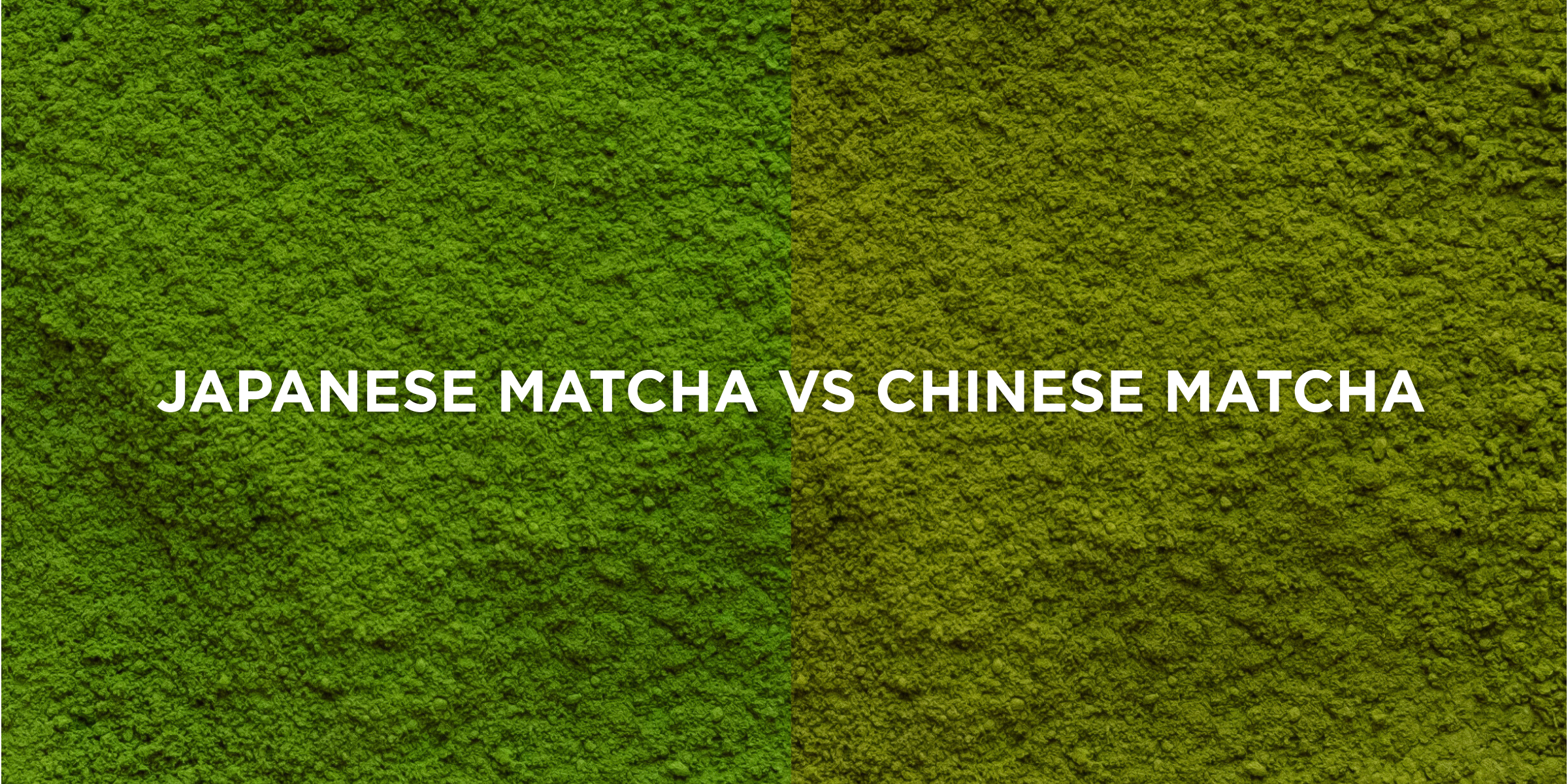
Japanese Matcha vs Chinese Matcha
Matcha has become a global product, yet its definition is often blurred. Powders made using different raw materials and production methods are sold under the same name, despite having little in com...
Read more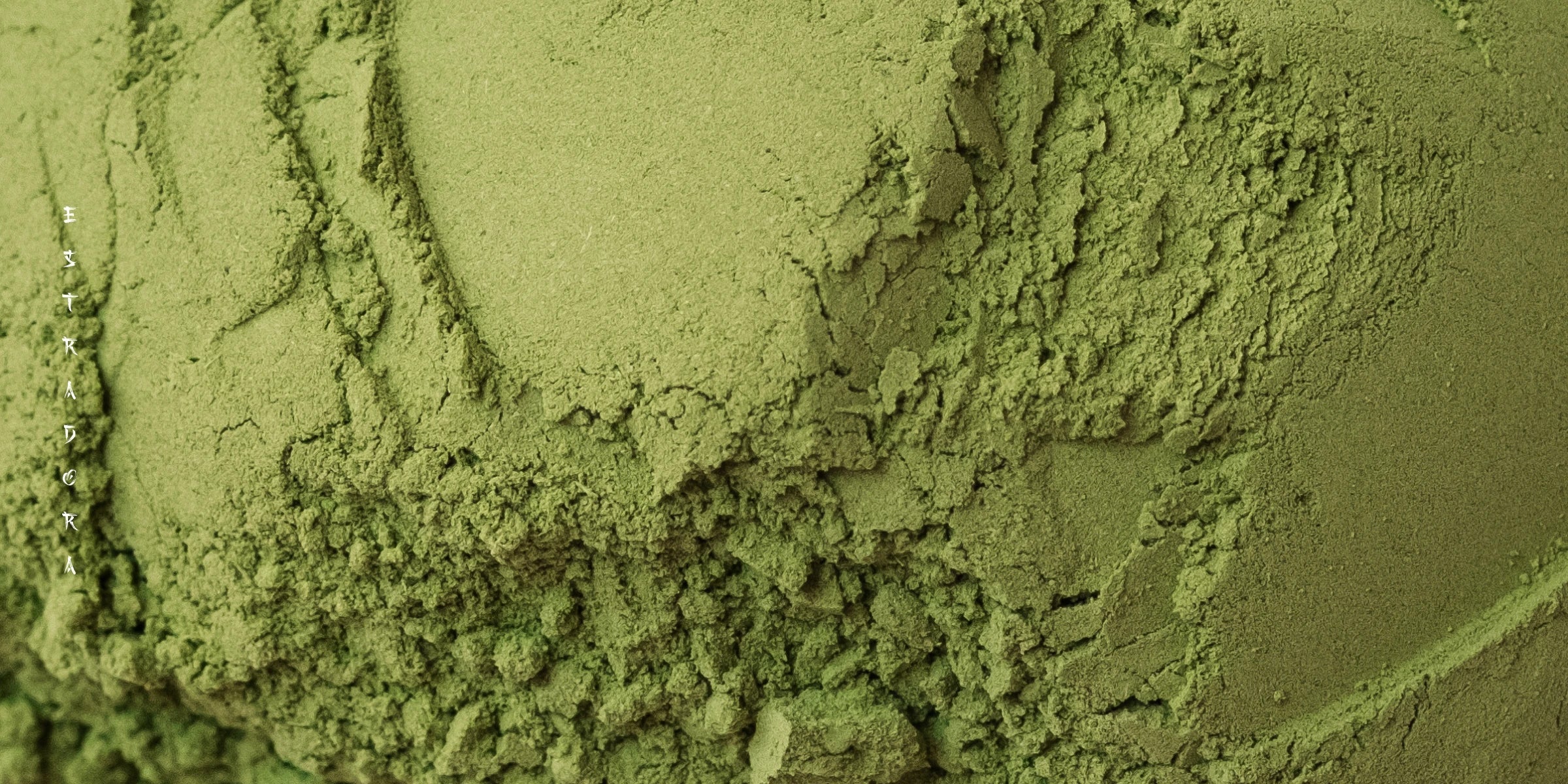
Japanese Genmaicha Tea Powder – Benefits & Recipes
Japanese Genmaicha Tea powder, literally "brown rice tea", Genmaicha is a cherished everyday blend in Japan, uniting carefully grown green tea leaves with roasted brown rice. Originally created to ...
Read more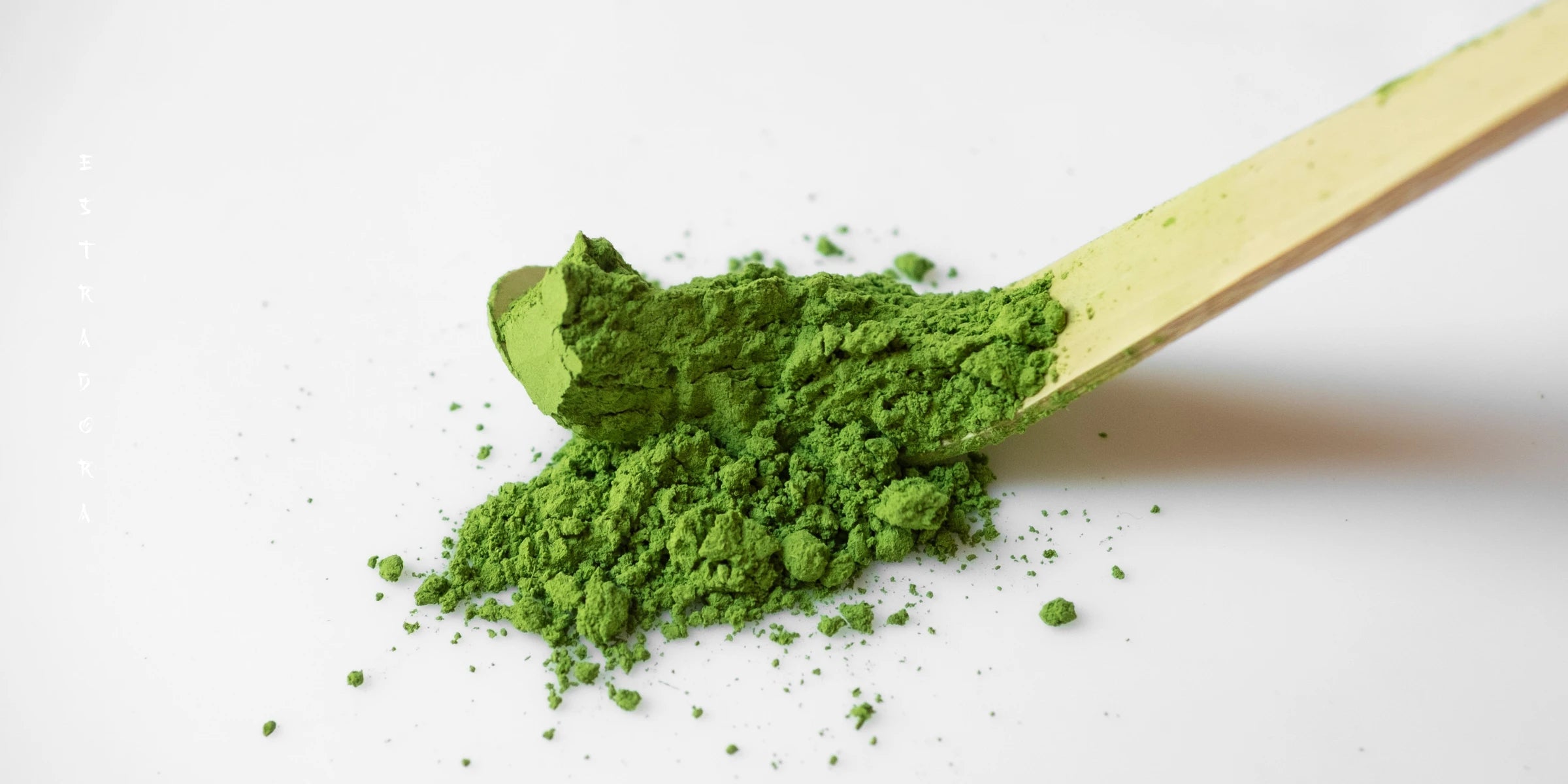
Matcha Tea: What It Is, Benefits, and Recipes
Matcha is a finely ground powder made from shade-grown Japanese green tea leaves. Unlike regular tea, where the leaves are steeped and removed, with matcha you consume the whole leaf in powdered fo...
Read more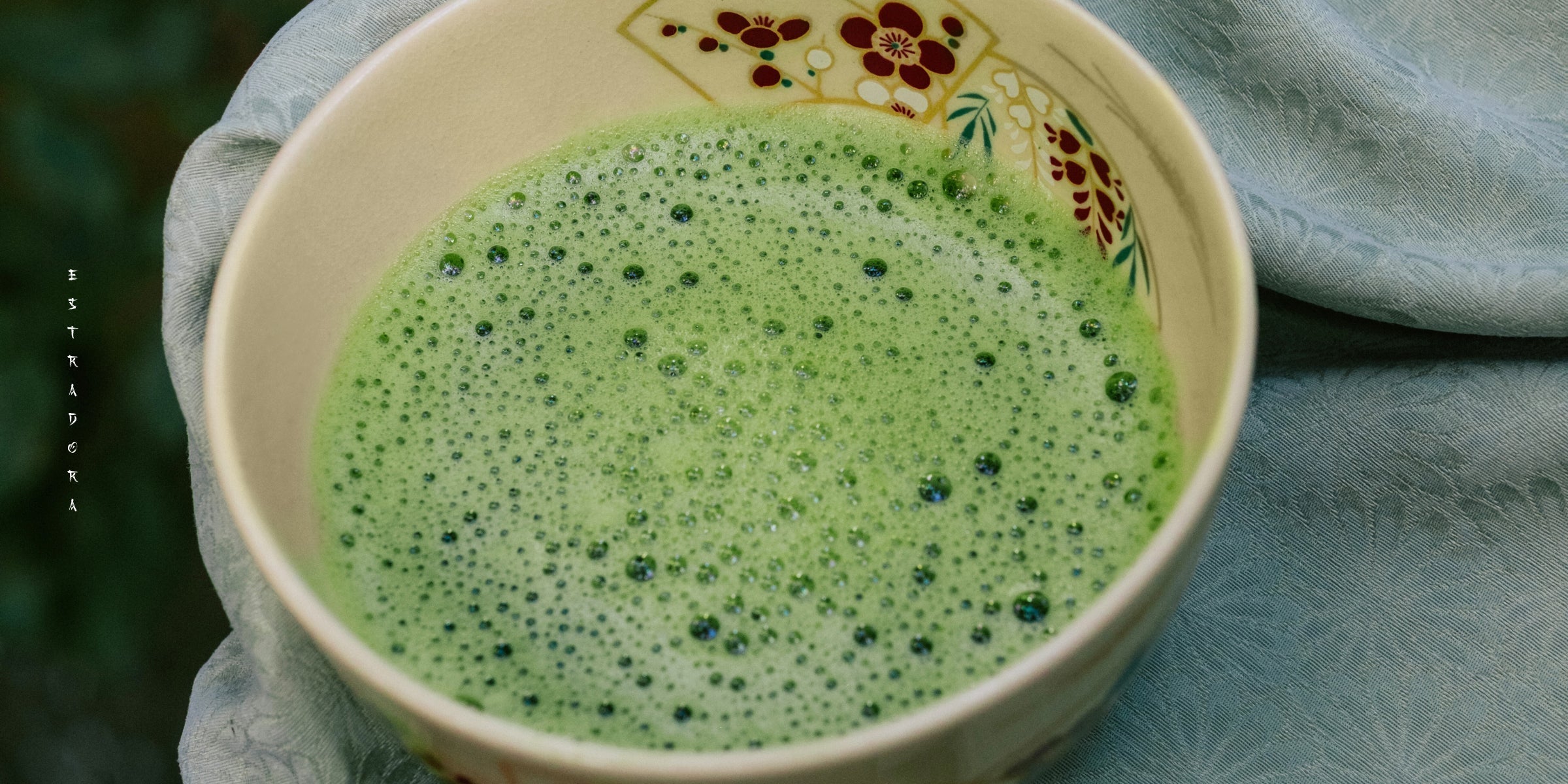
Matcha Cultivars: How to Choose Japanese Matcha by Tea Variety
Japan has developed over a 100 cultivars, but only a small number are commonly used for matcha. Even fewer are known outside Japan and selected for export-grade production. The choice of cultivar q...
Read more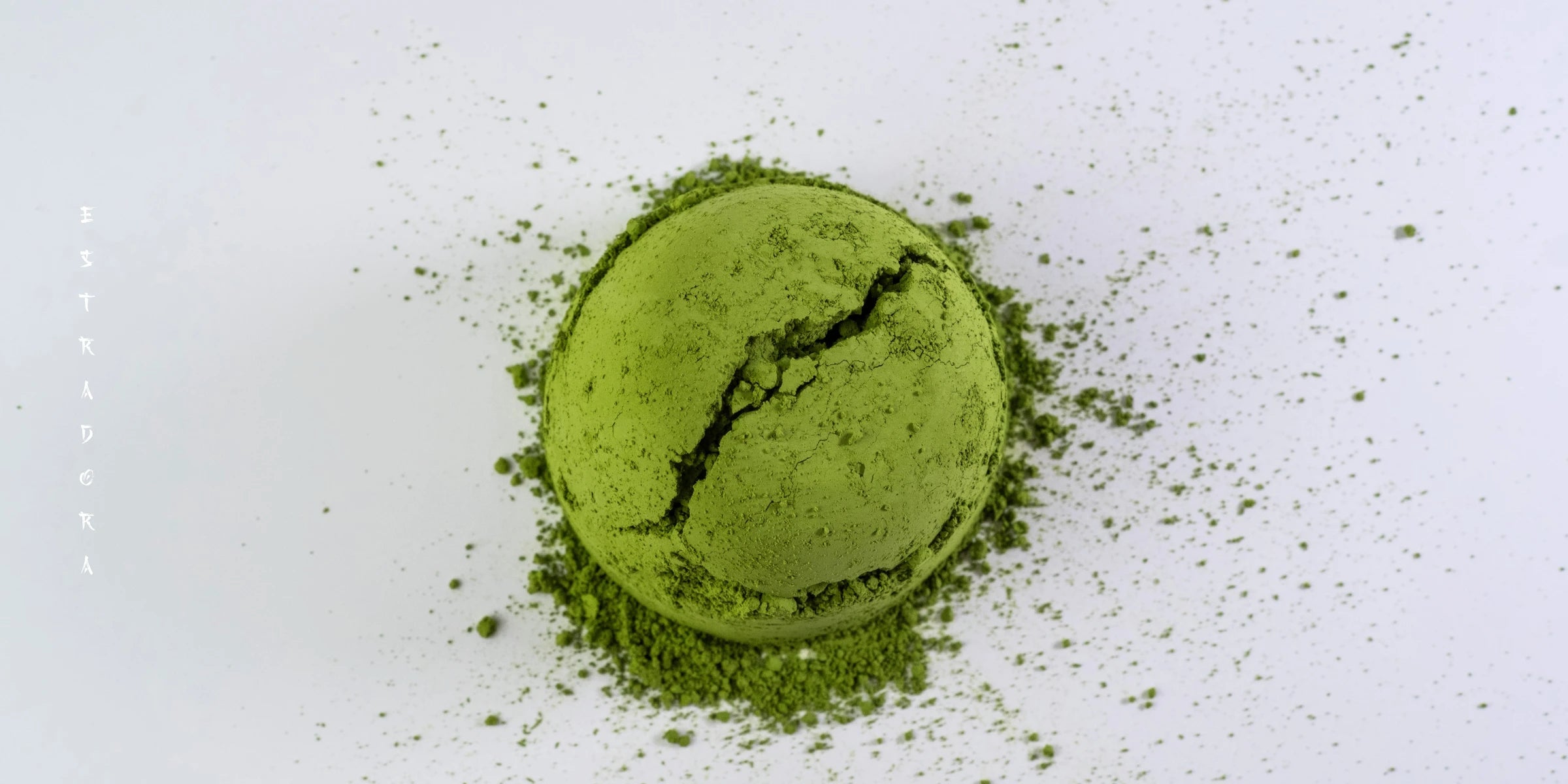
Matcha Grades Explained - Authentic Japanese Quality Guide
Outside Japan, Matcha is often labeled as ceremonial, premium, or culinary grade. These terms are now also used in Japan for easier communication with international buyers, but they are not officia...
Read more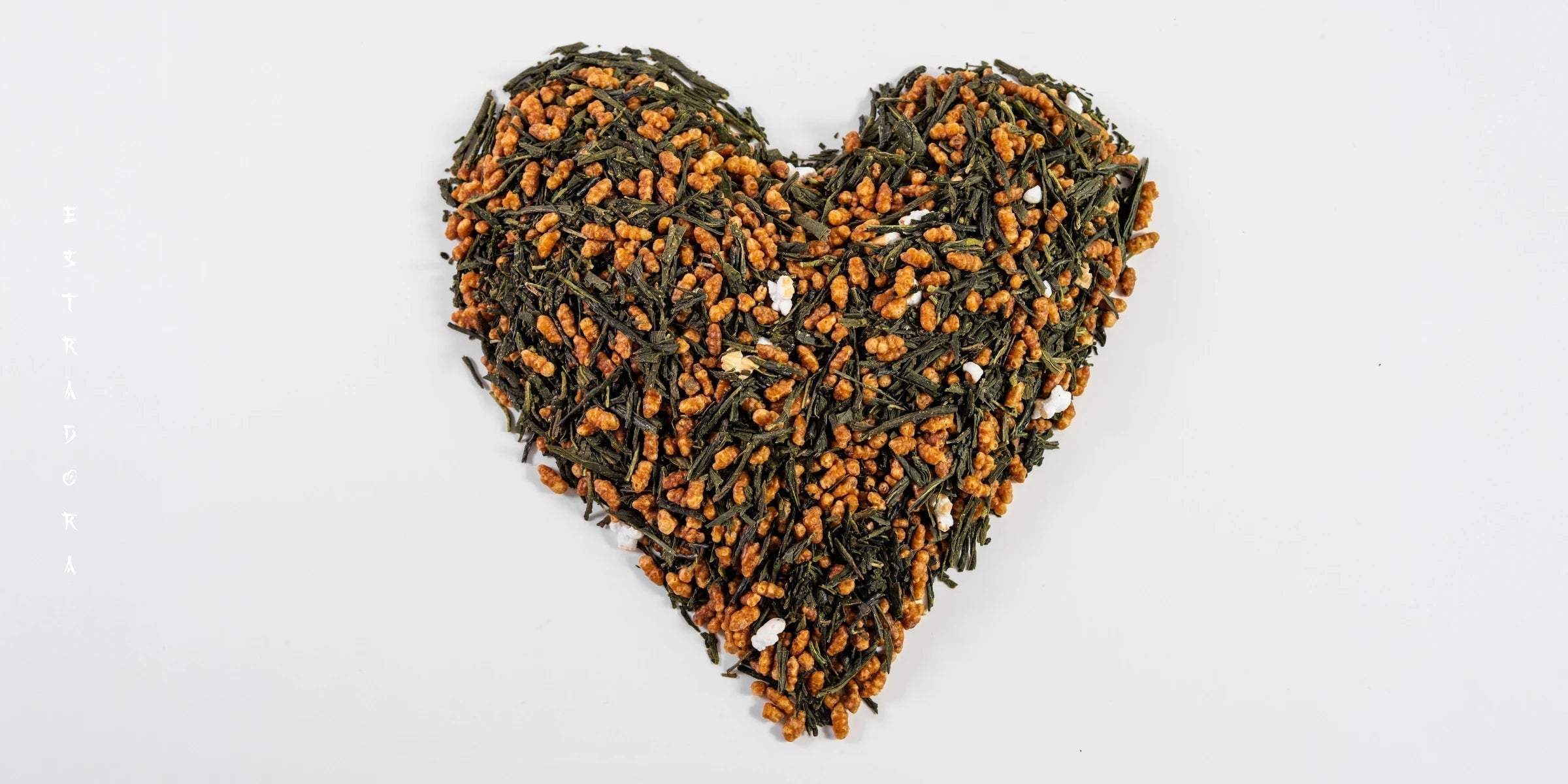
Japanese Genmaicha Green Tea - Loose Leaf with Roasted Mochi Rice
What is Genmaicha? Genmaicha (玄米茶) is a traditional Japanese tea made from loose-leaf green tea (usually Sencha or Bancha) blended with roasted mochi rice. During roasting, the rice releases a warm...
Read more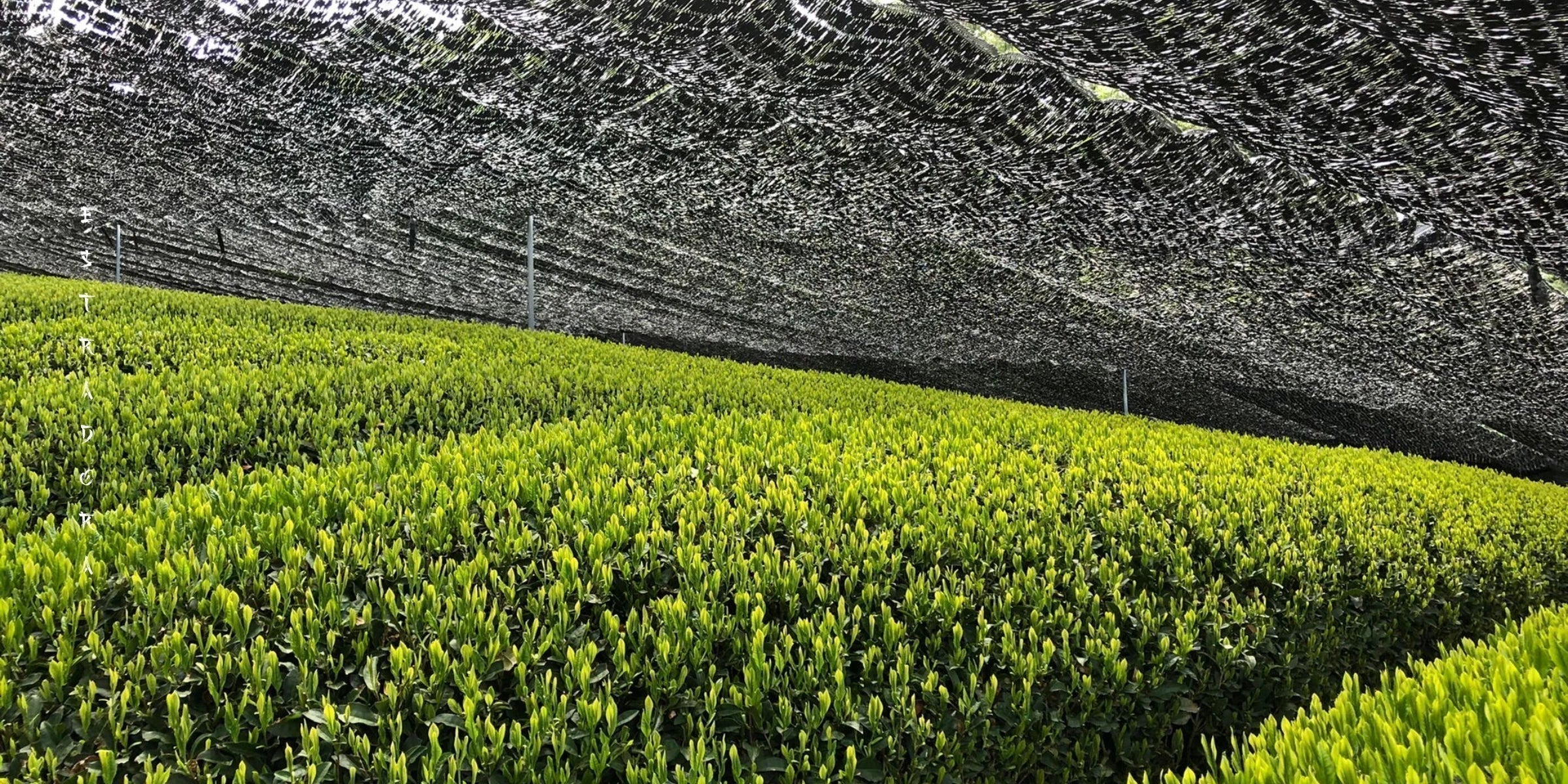
How Matcha Is Made: Matcha Processing Process & Production Steps
Matcha is the result of many small, deliberate steps. Every stage in its production - cultivation, steaming, drying, and grinding - influences the final balance of flavor and color. The methods use...
Read more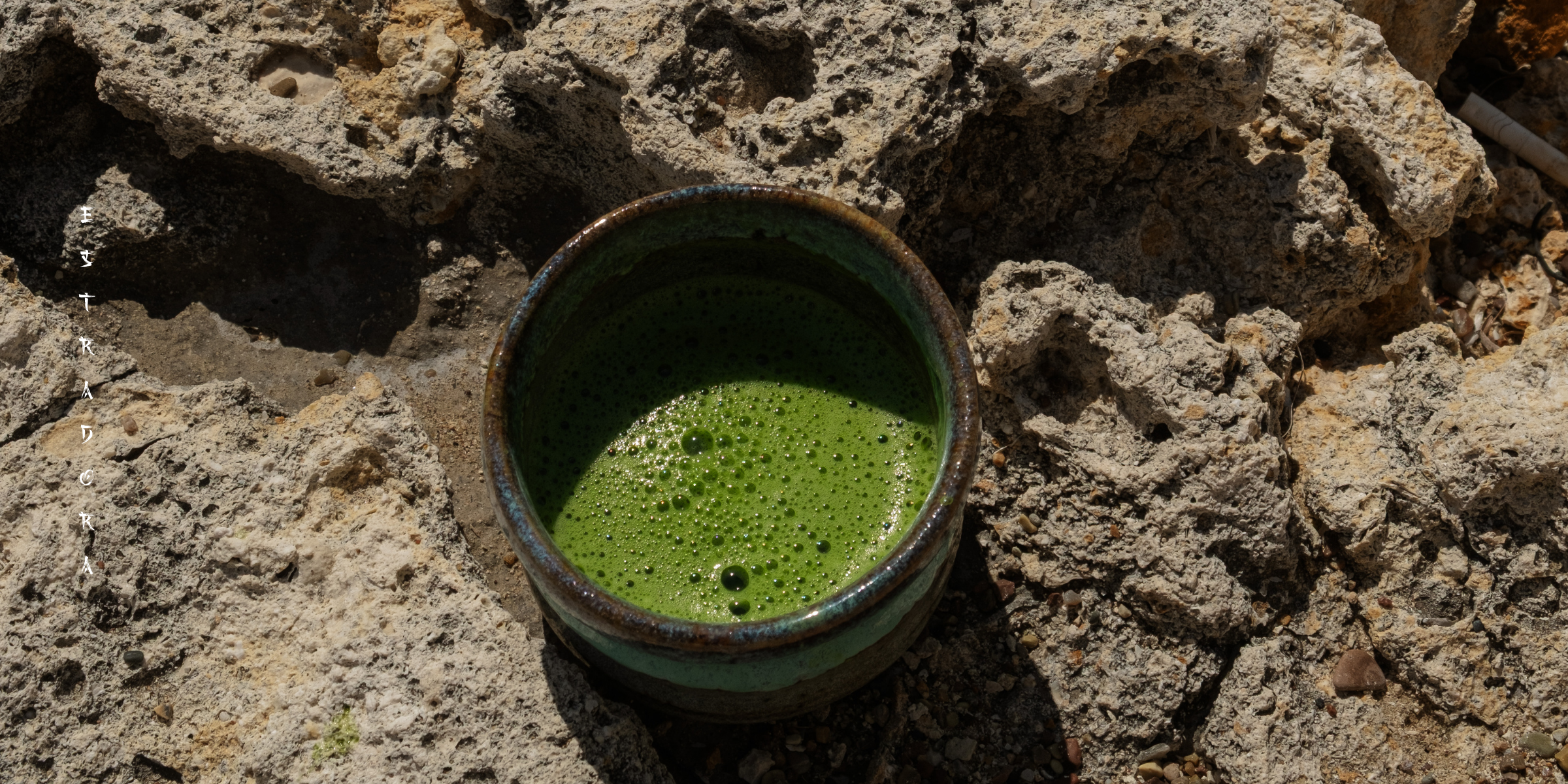
Matcha and Iron: Science, Balance, and Benefits
Matcha has been part of Japanese tradition for centuries, valued not only for its antioxidants but also for the calm ritual of preparation and the clarity it brings. Recently questions have been ra...
Read more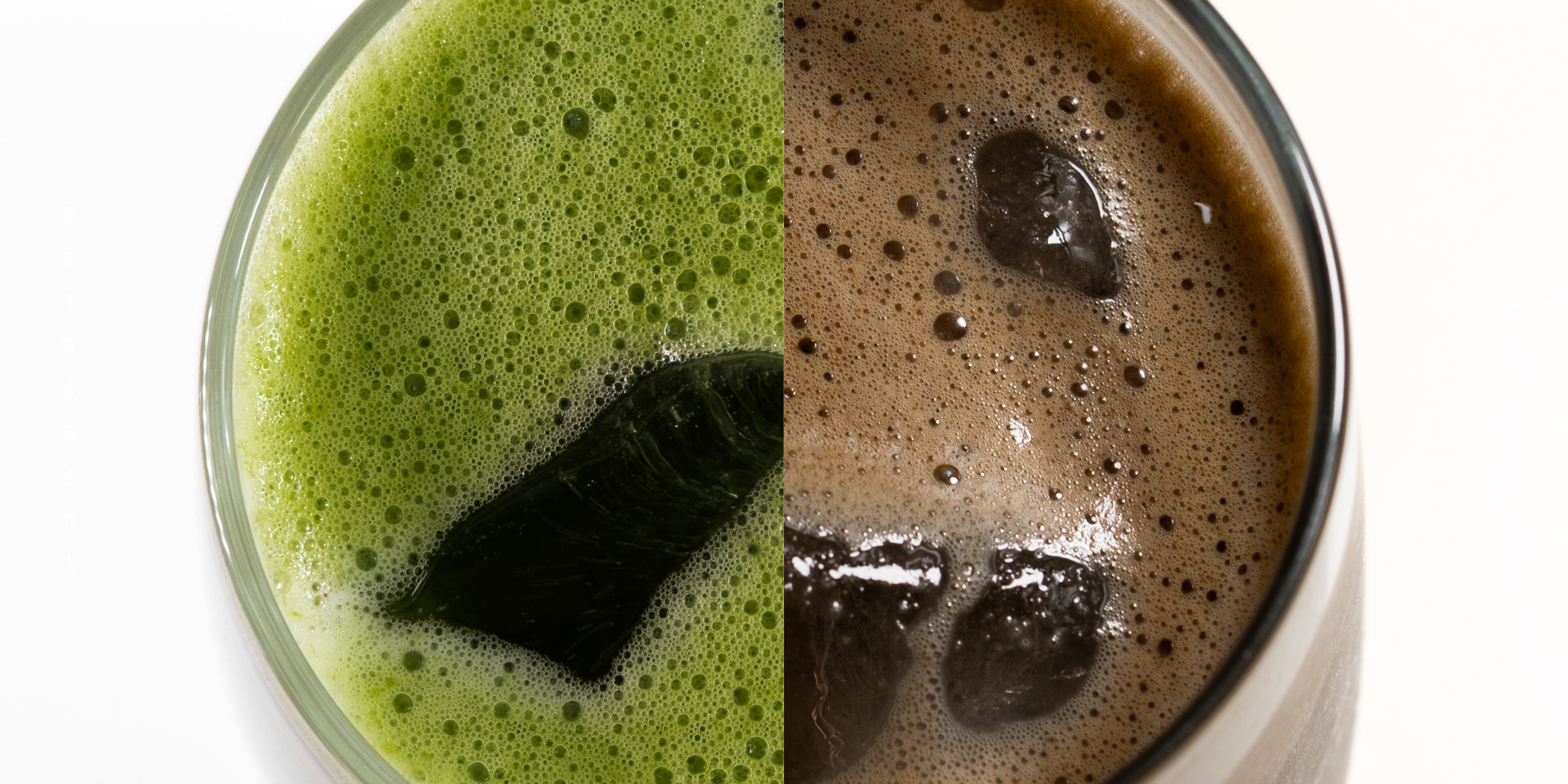
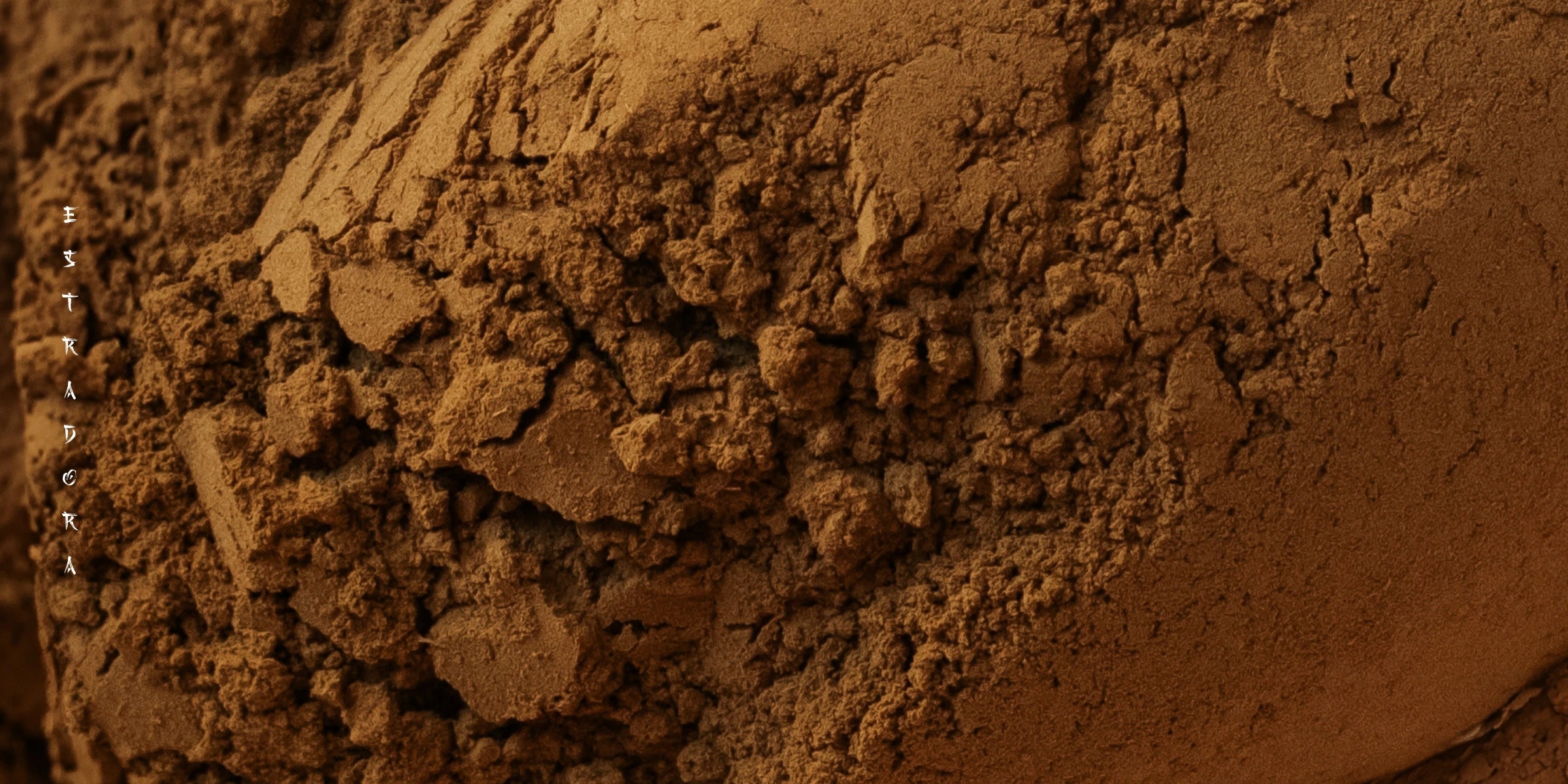
Japanese Black Tea Powder Wakoucha: Recipes & Rituals
Wakoucha (和紅茶) is Japanese black tea, grown and processed with the same care as traditional green teas. It is smooth, naturally sweet, and low in bitterness. In powdered form, Wakoucha is easy to p...
Read more